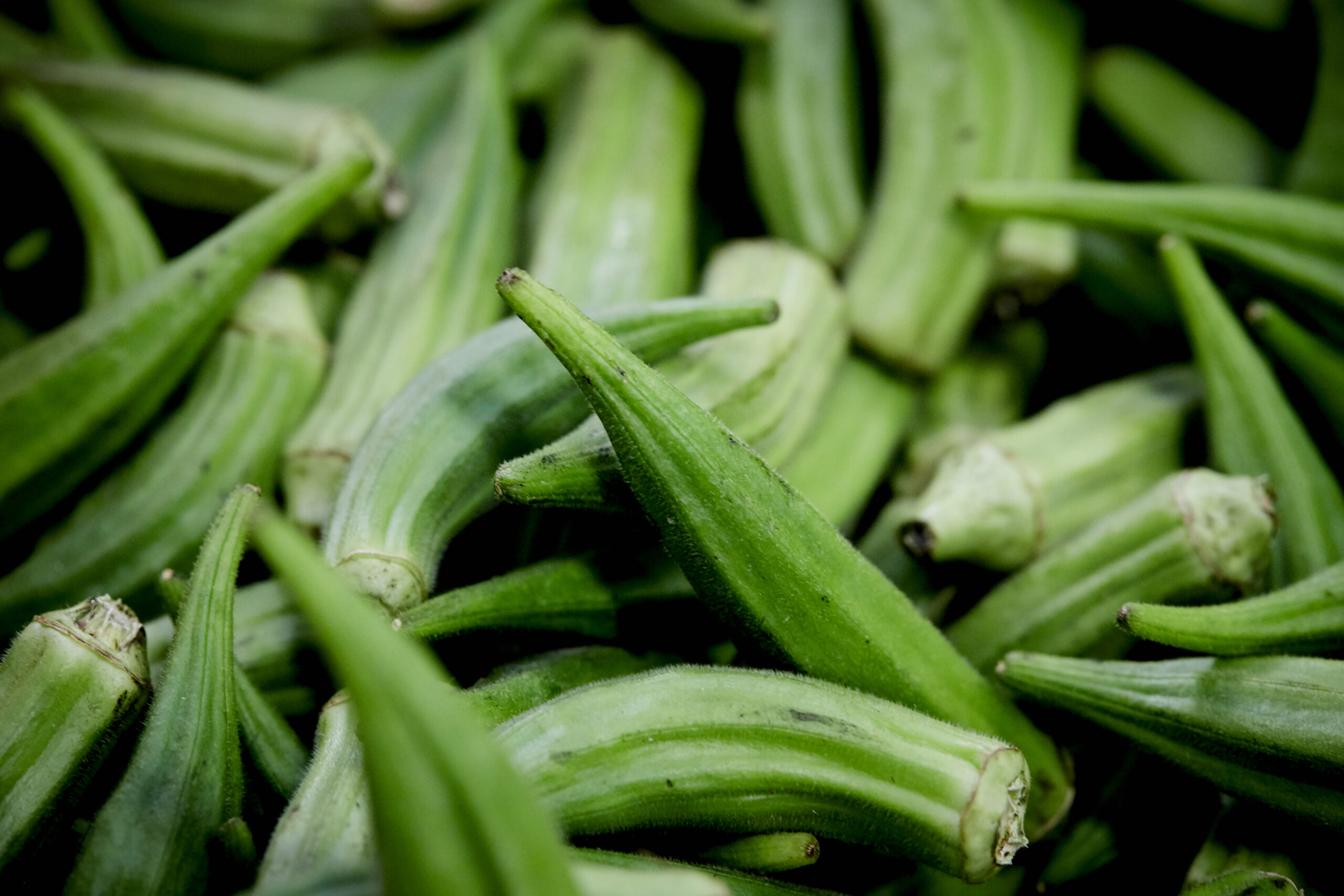What is the Specialty Crop Block Grant Program?
The South Carolina Department of Agriculture receives annual funding from the United States Department of Agriculture – Agriculture Marketing Service through the Specialty Crop Block Grant Program (SCBGP). This funding allocation is awarded to applicants in support of the specialty crop industry in our state. The purpose of the Specialty Crop Block Grant Program (SCBGP) is to enhance the competitiveness of specialty crops. Specialty crops are defined as “fruits, vegetables, tree nuts, dried fruits, horticulture, and nursery crops (including floriculture).
USDA SCBGP Website: Specialty Crop Block Grant Program | Agricultural Marketing Service
SCBGP Overview Video: Specialty Crop Block Grant Program
What is a specialty crop?
Section 101 of the Specialty Crops Competitiveness Act of 2004 (7 U.S.C. 1621 note), amended under section 10010 of the Agricultural Act of 2014, Public Law 113-79 (the Farm Bill), defines specialty crops as, “Fruits and vegetables, tree nuts, dried fruits, horticulture, and nursery crops (including floriculture).” Eligible plants must be cultivated or managed and used by people for food, medicinal purposes, and/or aesthetic gratification to be considered specialty crops. Processed products shall consist of greater than 50% of the specialty crop by weight, exclusive of added water.
You can find a list of specialty crops here: What is a Specialty Crop? | Agricultural Marketing Service
Who is eligible to apply?
Applications will only be accepted from producer, industry, or community-based organizations involved with specialty crops. Each must include a project proposal that will clearly demonstrate that its purpose is to enhance the competitiveness of a specialty crop industry in South Carolina and use funds only for activities benefitting specialty crops.
Grant funds will not be awarded for projects that directly benefit or provide a profit to a single organization, institution or individual.
Is cost sharing or match required?
No federal cost sharing or matching requirement. Cost share/match should not be included in the submitted application nor subsequent performance or financial reports.
Where can I view previously awarded projects?
You can find them here: SCBGP Awarded Grants | Agricultural Marketing Service
What is the grant funding period?
Projects funded by the SCBGP may be 1, 2, or 3 years in length, but must be completed within three years. SCDA will fund projects for this RFA between September 30, 2025, and September 29, 2028.
How much funding is available?
The United States Department of Agriculture—Agricultural Marketing Service (AMS) has not at this time announced the award amount that will be made available for programmatic activities in South Carolina. However, over the last five years, the SCDA has been awarded an average of $586,688.00 in Specialty Crop Block Grant funds. This figure once announced is subject to change.
Projects may be funded at varying levels, depending on the nature of the project. SCDA reserves the right to alter project budgets as needed, prior to the award process. SCDA may choose to use a portion of the funds for internally conducted projects, including but not limited to, outreach activities, regulatory and/or marketing activities, and trainings.
Are pre-award costs allowable?
Upon notification of inclusion in the accepted State Plan, pre-award costs are allowable if necessary for efficient and timely performance of the scope of the project work up to 90 calendar days prior to the start date without prior approval. All costs incurred before USDA makes the award to SCDA are at the applicant’s risk. The incurrence of pre-award costs in anticipation of an award imposes no obligation on SCDA to award funds for such costs.
When will I receive funding?
Accepted projects will receive funding on a cost-reimbursement basis only. This means that costs must be incurred before requesting a reimbursement.
Subrecipients will be required to submit payment requests at least quarterly, but no more frequently than monthly. Payment requests must include sufficient detail and supporting documentation. Backup detail may include, but is not limited to, documentation of personnel expenses, or copies of invoices and receipts. All reimbursement requests including Supplies must be accompanied by proof of payment (receipt or zero balance paid invoice) which clearly details the item(s) purchased.
What are the reporting requirements for SCBGP?
Reporting requirements are project-specific and based on the duration of each project. By signing the Grant Agreement, the subrecipient agrees to all accountability and reporting requirements.
The SCBGP reporting period is on an annual basis. Performance report and final report templates will be provided to you. Subrecipients will be required to submit Annual Performance Report(s); one for each fiscal year of the project, and a Final Performance Report which is inclusive for all three years, or the total duration of the project, whichever comes first.
How are SCBGP projects selected?
The SCBGP is a competitive grant program. Only the required application template in its original format will be accepted. Each application will be reviewed for completeness and eligibility. In the two-step competitive review process, external agricultural experts will review all eligible project applications objectively to assign scores. The scores will then be used to rank the projects to be presented before a selection committee which will determine which projects will be funded and the amount for which each one will be awarded.
Additional Program Requirements:
Subrecipients must comply with both AMS and SCDA reporting requirements and financial procedures as outlined in the Grant Agreement which shall be signed by both the subrecipient and SCDA officials upon acknowledgment of funding. Subrecipients must remain in full compliance with State and Federal laws and regulations. Non-compliance may result in termination of the grant or ineligibility for reimbursement of expenses.
Each subrecipient must ensure they have an adequate accounting system in place and good internal controls to ensure expenditures and reimbursements are reported and maintained for a minimum of three years after the conclusion of the project.






